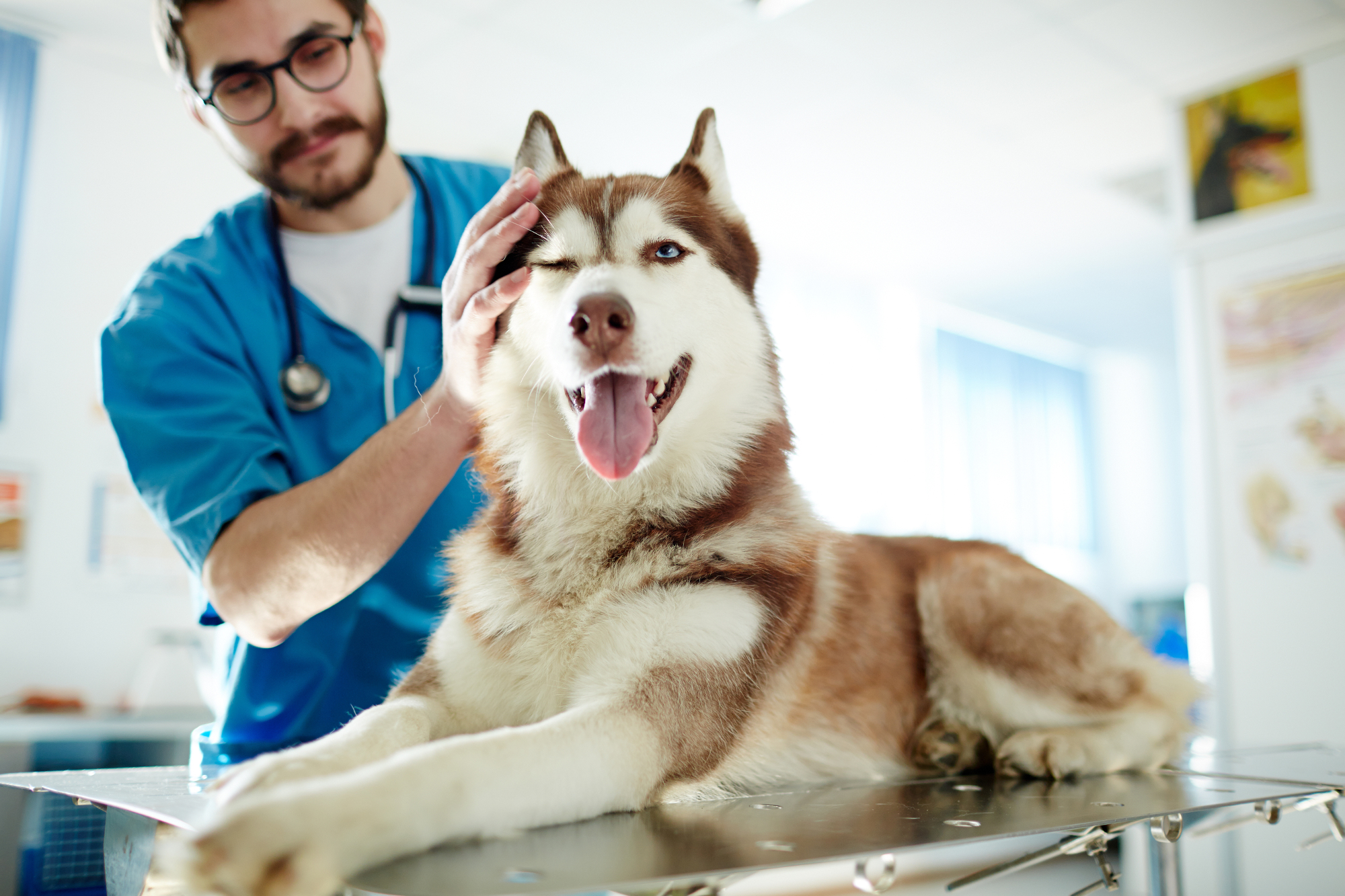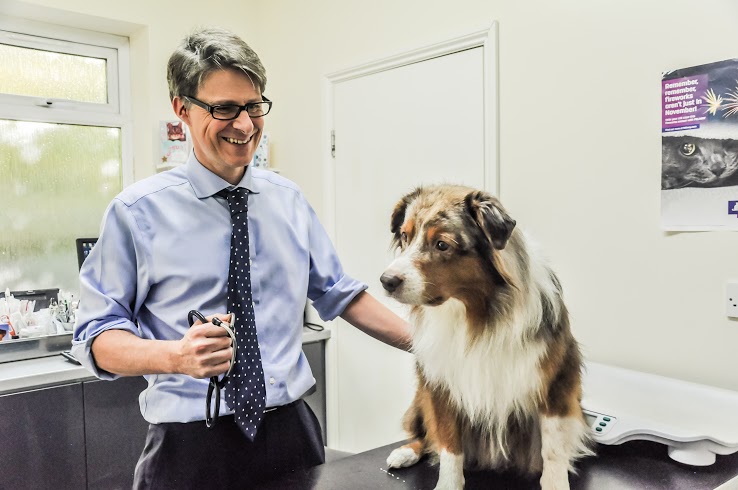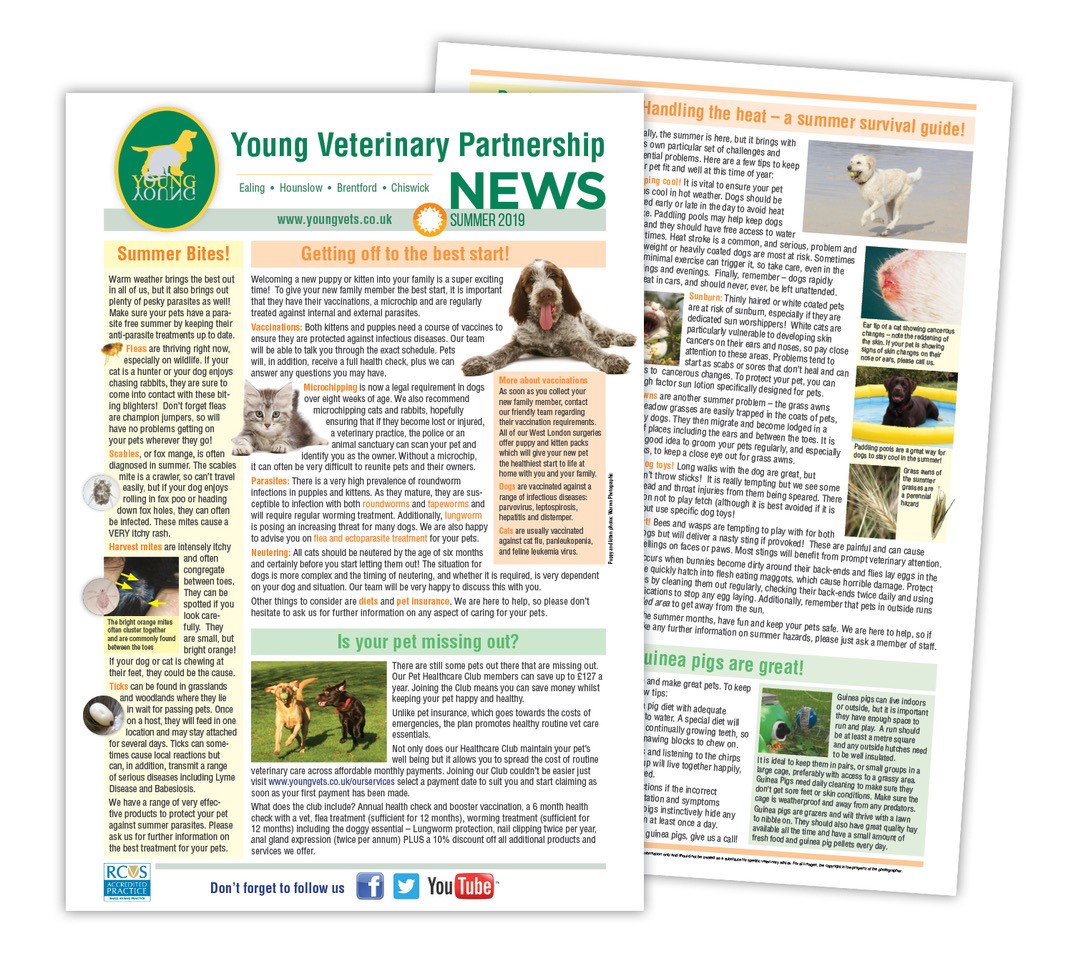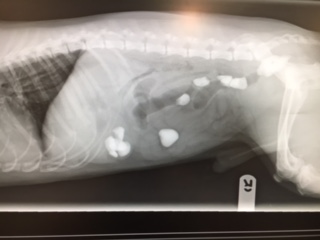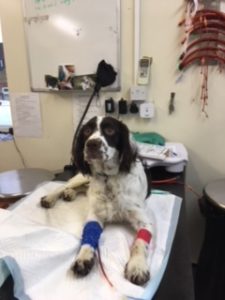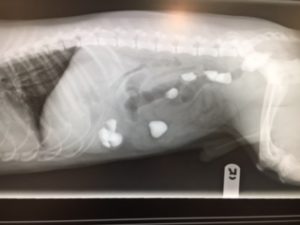7 things to consider before taking your dog swimming this summer
Now that summer is here and the mercury is rising, it’s not just us humans who want to make the most of the warm weather. Dogs enjoy frolicking in the great outdoors, and what better way for them to cool down than with a splash around in the sea, a pool or a lake? Although this seems great fun for any pooch, it’s worth keeping the various risks such as blue green algae in mind, to ensure a safe and enjoyable outing.
1) Safety comes first
Is it safe for dogs to go swimming? If you’re a dog owner and have been pondering this question, consider a few things before letting your canine loose in the water.
2) Not all dogs can swim!
Despite ‘doggy paddle’ having a reference to our canine friends, it’s wrong to assume that all dogs can swim. Before you take your dog to the water’s edge, consider that certain breeds and sizes of dogs are better suited to swimming than others. Medium to large dogs, such as Labradors and golden retrievers, take to the water with ease, but top-heavy dogs with short legs and large chests, such as bulldogs, boxers and dachshunds, can struggle to stay afloat. Additionally, think twice about taking your dog swimming if it has special needs.
The fact is, not all dogs actually like to swim, so if your dog isn’t showing willing to get wet, don’t force the situation.
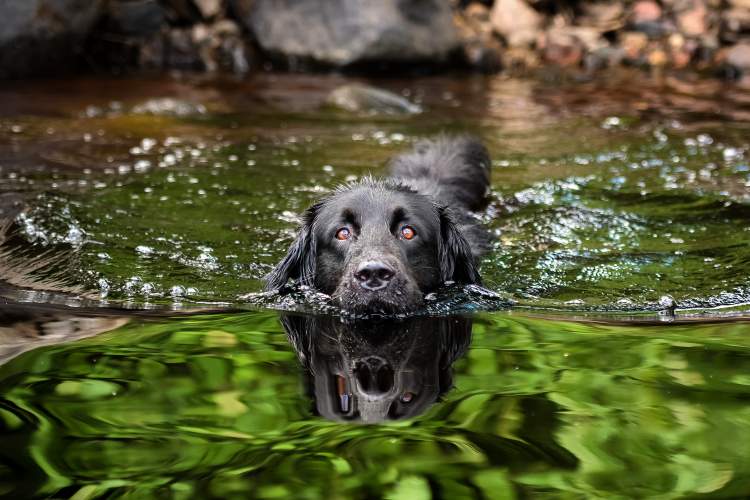
Dogs enjoy frolicking in the great outdoors, and what better way for them to cool down than with a splash around in the sea, a pool or a lake?
3) Learning to swim
When introducing your dog to the water, do it gradually and slowly so they feel comfortable and won’t panic. Never toss them into the water. Dogs can tire easily, so don’t keep them in the water for too long, especially if they’re a puppy or older dog. They may be wearing a fur coat, but this won’t necessarily stop a dog from getting cold in the water, so keep swim sessions brief to prevent the risk of hypothermia.
Train your dog so that it learns to come out of the water on command, or if you’re using a pool, teach it to get to the edge easily and safely. Retrieving toys are useful to have during water safety and obedience training.
It’s worth investing in a flotation vest for your dog, especially if you go out on a boat. Buy a vest that has a handle on the back so that you can easily haul your dog out of the water.
4) Assess the dangers
Before you let your dog loose in the water, take a moment to assess how safe it looks. If you’re at the beach, consider whether currents, tides or strong waves could pose a danger. Are there any hidden obstacles lurking under the water, as well as on land, that may injure your dog? Broken shells, jellyfish, sharp objects and debris spring to mind. Does the water look clean? Scan the horizon to see if any boats nearby could cause dangerous undercurrents.
Crucially, don’t let your dog in the water unless you are completely certain he or she can easily get back on land. If you wouldn’t enter the water yourself, don’t put your dog at risk, either. Once your dog is in the water, supervise them at all times.
5) Blue green algae
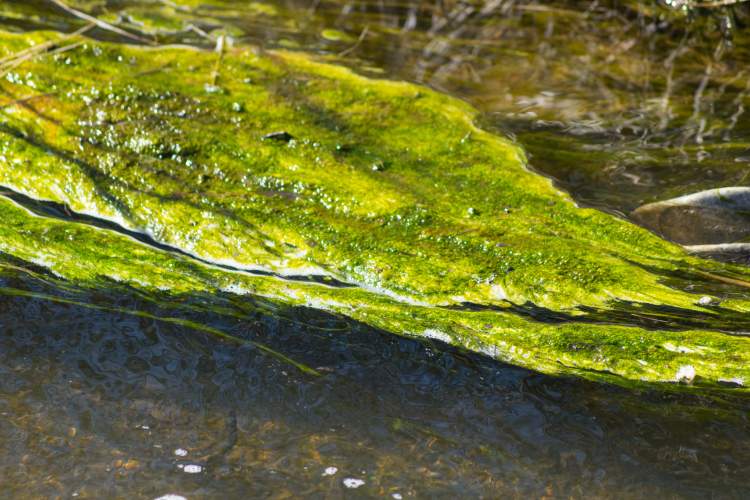
You tend to find blue green algae at lakes, freshwater ponds or streams
Watch out for Blue green algae on lakes, ponds and streams.
Drowning is one of the biggest concerns you’ll have when taking your dog swimming, but exposure to blue green algae is of equal importance, particularly if contaminated water is ingested. You tend to find blue green algae at lakes, freshwater ponds or streams, and it typically presents as a blue-green, pea soup-like scum on the water’s surface, especially during hot, dry weather.
Also known as cyanobacteria – and not to be confused with the blue green algae powder you can find in health food shops – this type of bacteria found in stagnant water can produce toxins that are often fatal to dogs, even when exposed to small amounts.
If you suspect your dog has been exposed to blue green algae, wash it down immediately with fresh water and go straight to your vet. Blue green algae symptoms to look out for can include vomiting, diarrhoea, seizures, drooling and breathing difficulties. Blue green algae is toxic for dogs and can cause liver failure. If your dog is showing these symptoms contact our experienced team immediately.
The problem with blue green algae is that it’s not always visible, and not all types are poisonous. To be on the safe side, keep your dog away from water where you suspect blue green algae may be present, and take heed of any warning signs.
6) Drinking water
It’s not just ingesting blue green algae bacteria in water that causes harm to dogs; if dogs drink too much salt water from the sea this can trigger diarrhoea, vomiting and even dehydration.
Dogs who ingest chlorinated water may also get a bit of an upset tummy, so ensure they’re thoroughly hydrated before entering chlorinated water, so they’re less tempted to take a sip. Over-exposure to chlorinated water may also give dogs itchy skin or red eyes, so limit their time in the water.
Always bring a supply of fresh water with you when your dog goes swimming, so it won’t be tempted to drink harmful water sources, and to ensure it stays hydrated. On hot days, be wary of signs of heatstroke in your dog, such as heavy panting, drooling and lack of balance.
7) Aftercare
Dogs who enjoy a paddle can be prone to ear infections, so clean and dry their ears after swimming to prevent infection. An ear rinse solution specifically for dogs may be beneficial, ask your vet for more information.
Sand from the beach can also get trapped in your dog’s fur, so give them a good hose down after a swim and use a soothing shampoo if your dog has sensitive skin. Check your dog’s paws for any injuries.
With the right care, attention and precautions, there’s every chance your dog will relish a swim in the great outdoors. Remember to seek advice and get the facts, from experts such as your vet before letting your dog loose in water.
Blog and images supplied from Zoetis.
Written by Gemma Hopkins BVETMED MRCVS RCVS







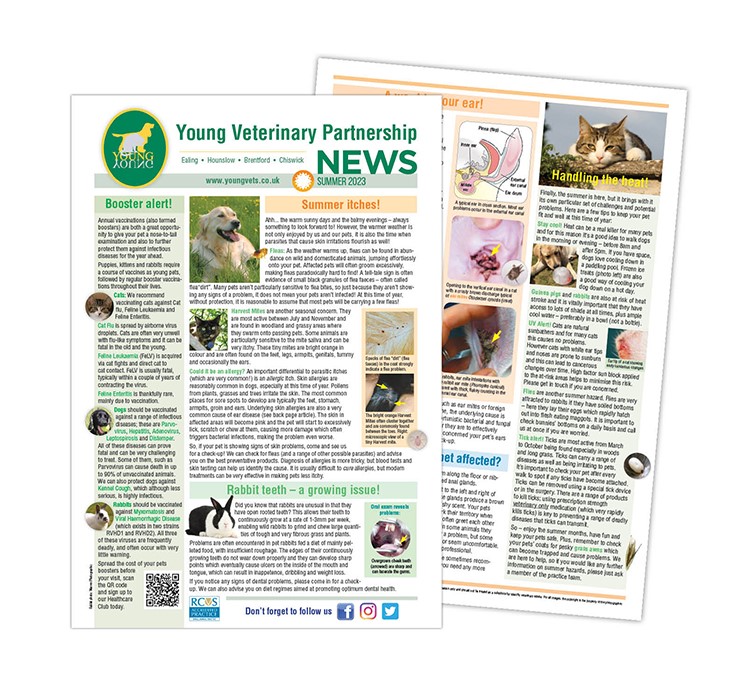
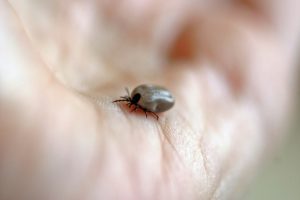




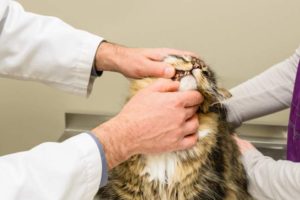
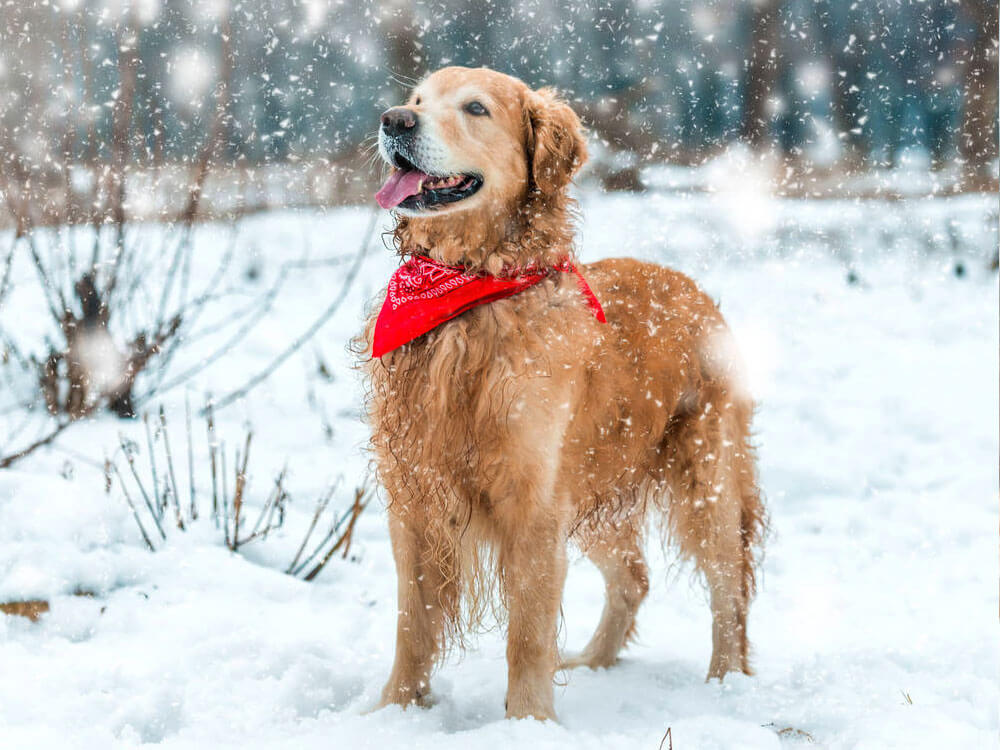







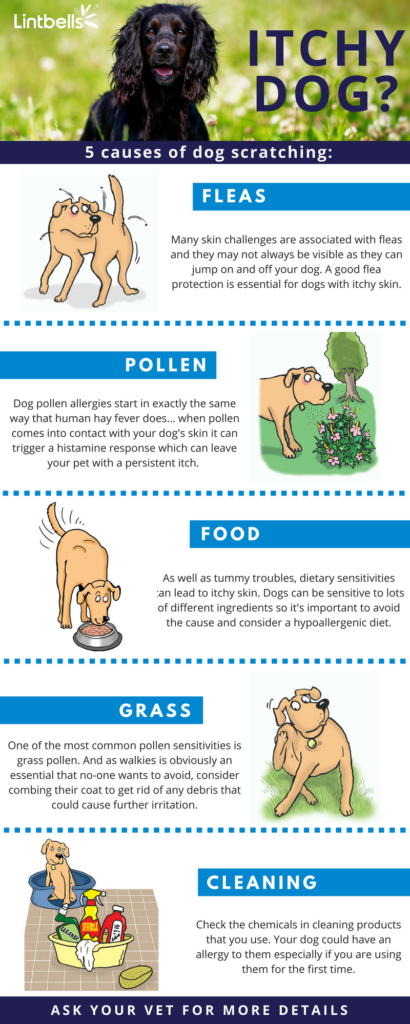
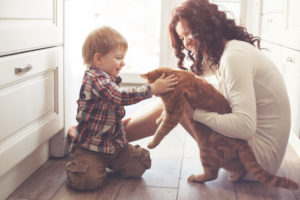




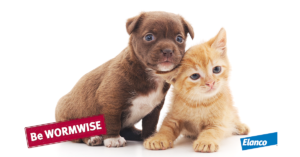
 area – looking for a vet to help you care for your pet?
area – looking for a vet to help you care for your pet? 